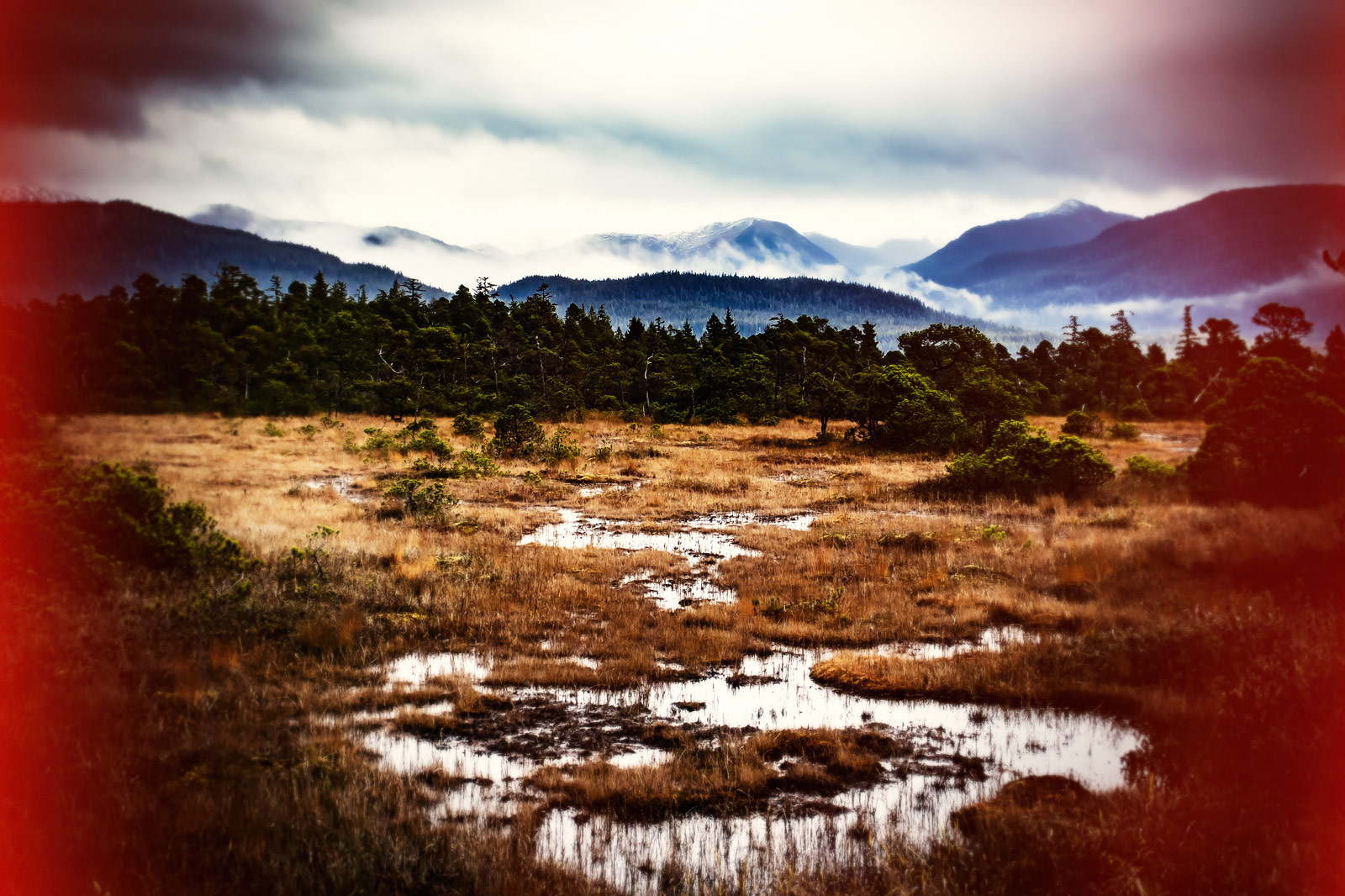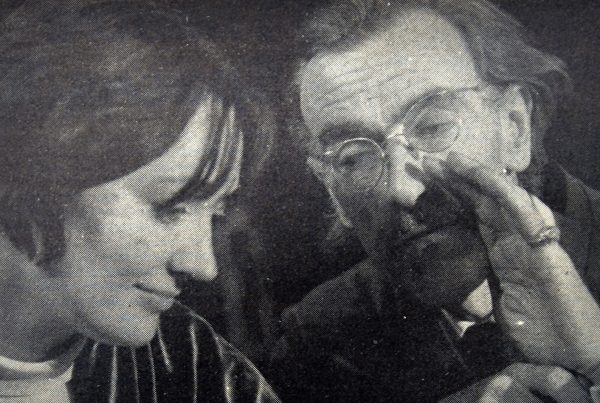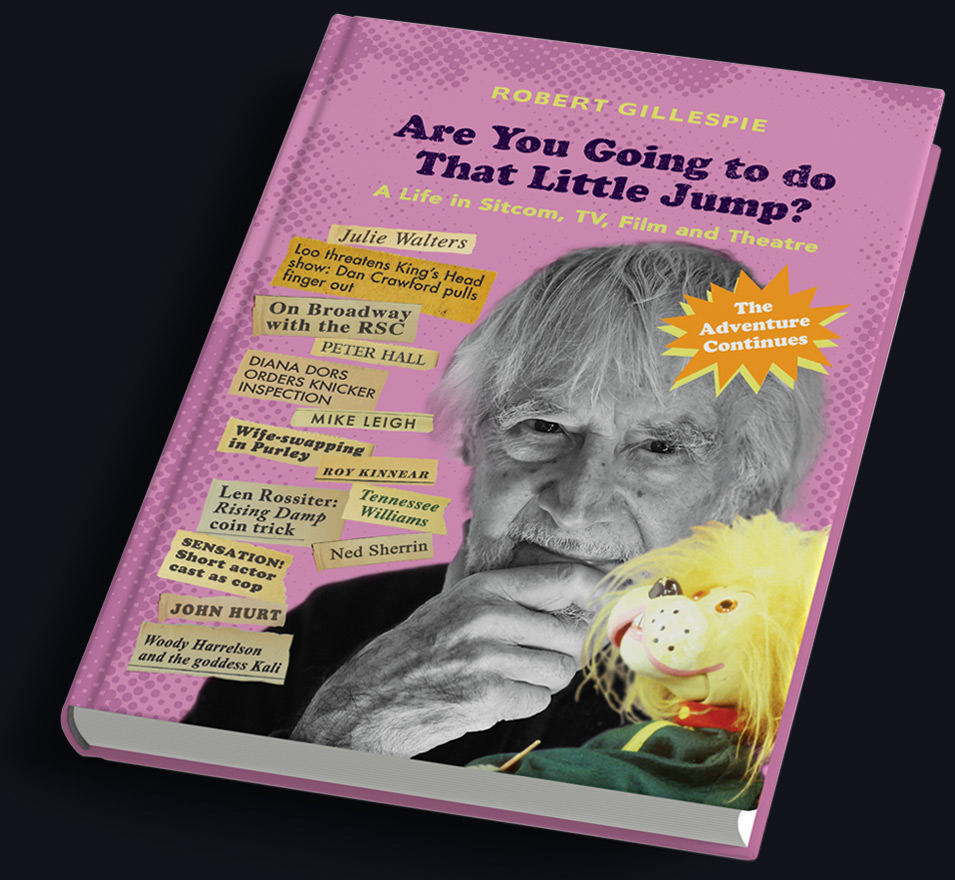
Claudine Vattier’s French translation of Wenckheim’s play arrived. La Terre de Wrangel, she called it; Wrangel Island, in English. It’s a real place. A sizeable island belonging to Russia, about five hundred miles west from Alaska. Today, it’s known as the last place on earth where woolly mammoths survived, till about four thousand years ago, and is now a nature reserve. But the tale told by Wenckheim is of an isolated prison island where the Soviets parked their most intransigent dissidents and where barely imaginable horrors were inflicted on them. The story is set after the second world war at the height of Stalin’s regime.
It goes like this
A political dissident contacts a disgraced professor, who has been reduced to working as a cleaner, and suggests that, as opponents of the regime, they team up and get themselves arrested so as to be sent to Wrangel Island where, on good evidence, he has heard that experiments on humans are being conducted which – if revealed to the world – could stimulate the Free West sufficiently to marshal global forces and topple Stalin’s regime.
The flavour of the writing is highly paranoid, often witty, daring in its sometimes-filmic sequences – and highly intelligent. However raw and extreme the behaviour described, you get a powerful feeling that, ‘This chap knows what he’s talking about.’ All of the deeply unpleasant ways that SOVIET AUTHORITY behaves towards the powerless people in the play were – are – well documented.
Except for one…
There was no internet available, then, so with limited resources, we did our first check on the truth of the most damning accusation of all.
Bringing a play loaded with so much political dynamite to the burgeoning King’s Head theatre counted as a big theatrical coup – potentially. The commercial theatre of the day would never have dared go out on this kind of dodgy artistic limb. The nearest thing to the fantastic range of fringe venues now alive, at that time there was just an occasional club theatre, such as the New Lindsey in Notting Hill; rare, and mainly devoted to off-beat drama hoping for an unlikely transfer to the West End.
My partner Anna Jackson’s French was more comprehensive than mine (even though I was born in Lille and it was the first language I spoke). Anna had studied French and drama at Bristol Uni and spent time at the Sorbonne.
She agreed the piece was powerful and we started to turn it into speakable English.
However, not only was there a question of truth of content but also a matter of performing rights to settle.
We wrote to Claudine to say we needed to be in touch with the author, Wenckheim.
End Part Two…




